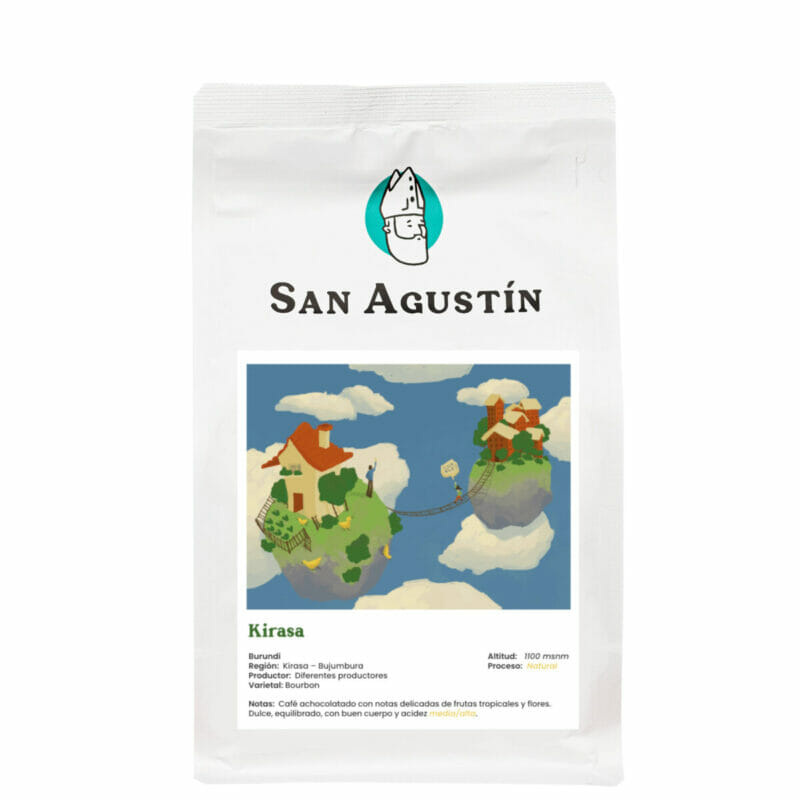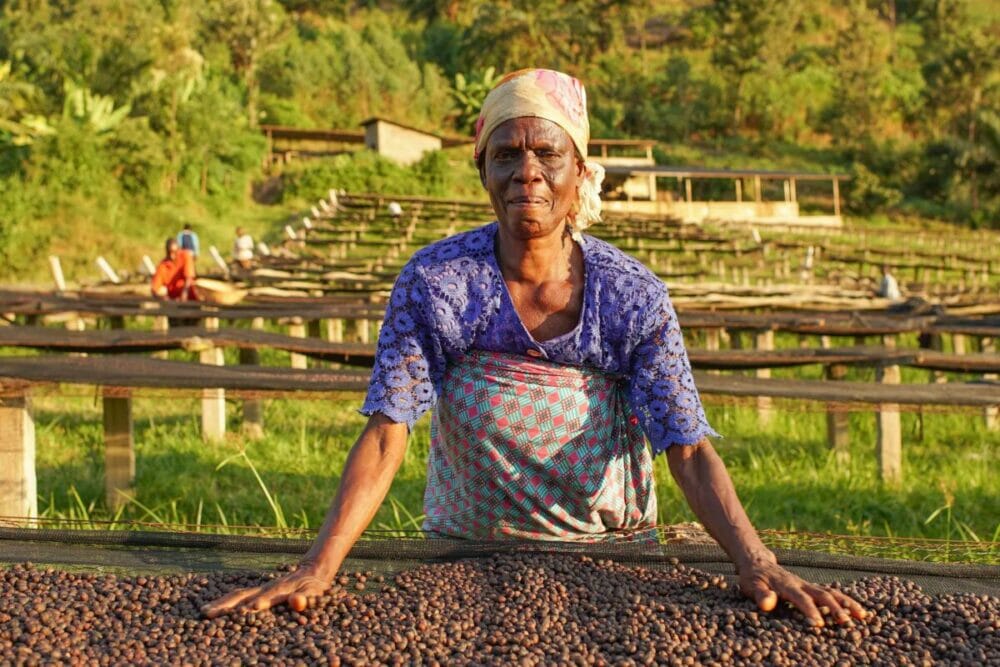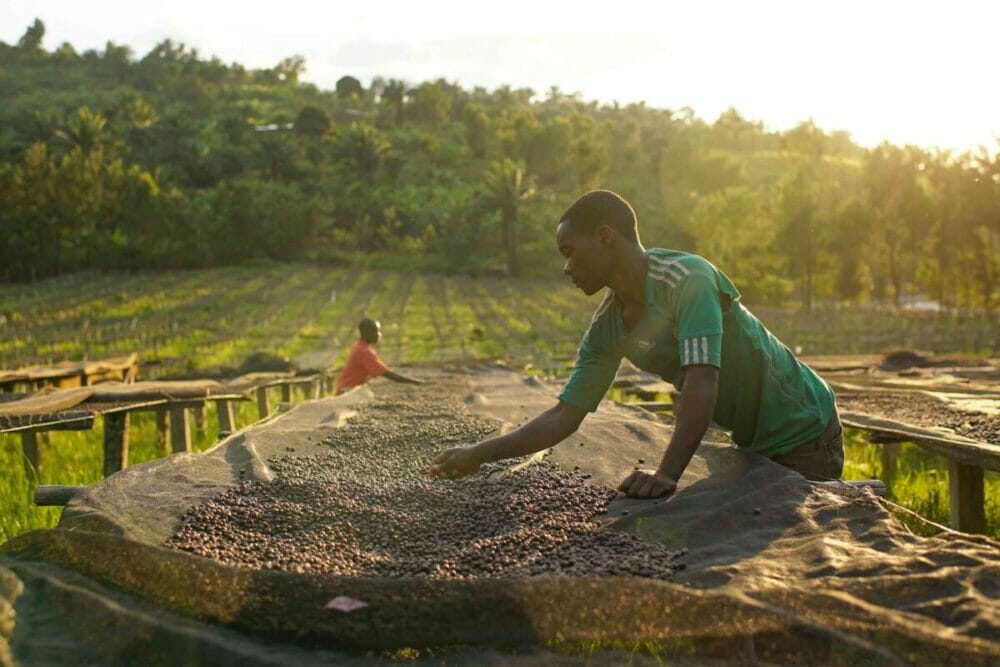Description
Coffee in Burundi: the vital source of income and livelihood for the population.
In Burundi, coffee is vital to the country's agricultural economy, representing the main source of income for over 700,000 coffee-farming families. Although Burundi's annual coffee production is only 200,000 bags, equivalent to just over 11% of the global market, coffee accounts for up to 651% of Burundi's exports, making it a critical source of income for both the national economy and coffee-farming families.
In addition, these coffee-growing families also cultivate other subsistence crops on their land, such as wheat, corn, rice, and plantains, to supplement their annual income from coffee sales. Since the majority of Burundi's population relies on agriculture for their livelihood, coffee is a product that the locals hold dear and is an integral component of the country's culture and identity.
The importance of coffee for the livelihood of small farmers and the production of high-quality coffees.
In Burundi, coffee production is essential for the livelihoods of small farmers, with approximately 301% of households nationwide depending on this crop. Farms are small, generally less than one hectare, and the average number of trees per farmer is estimated to be between 50 and 250, allowing for meticulous tree care and ensuring the production of high-quality coffee.
Arabica coffee is the primary variety grown on Burundian farms. The quality of Burundian coffee is due to a combination of factors, including the ideal climate, altitude, and the farming techniques employed by the farmers. Furthermore, coffee cultivation is an integral part of the country's culture and identity. Farmers in Burundi have evolved from growing coffee simply for their livelihood to achieving worldwide recognition for the quality of their coffee.



